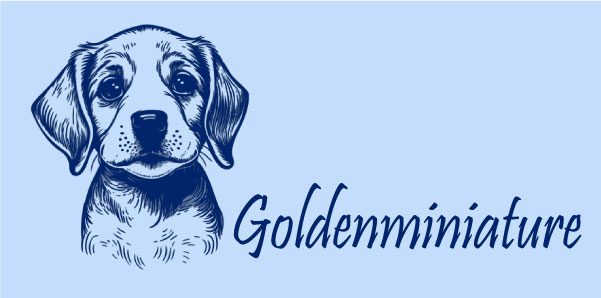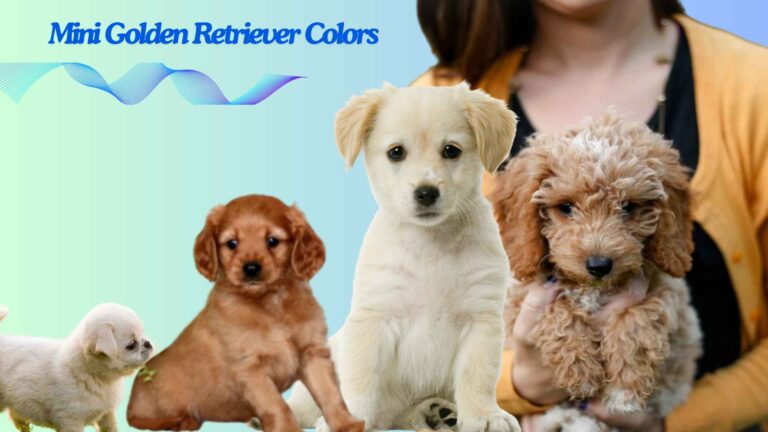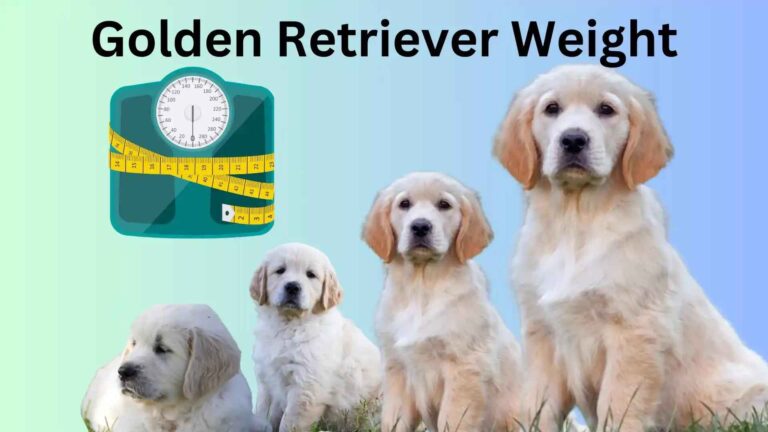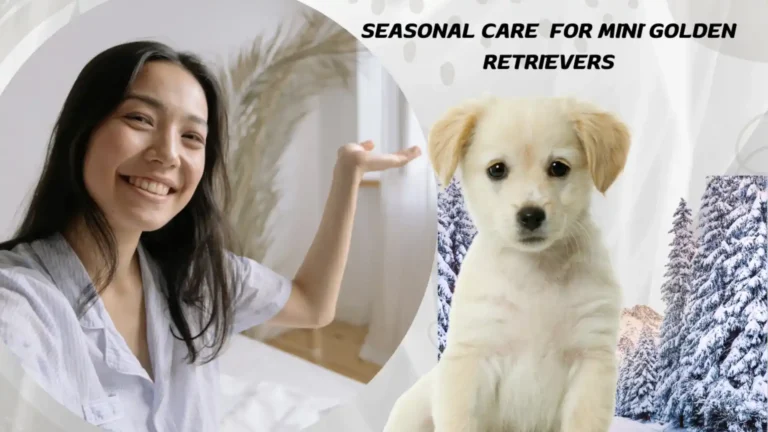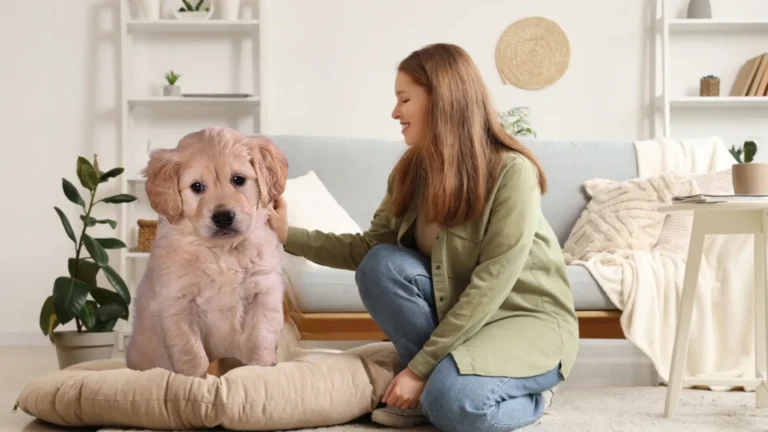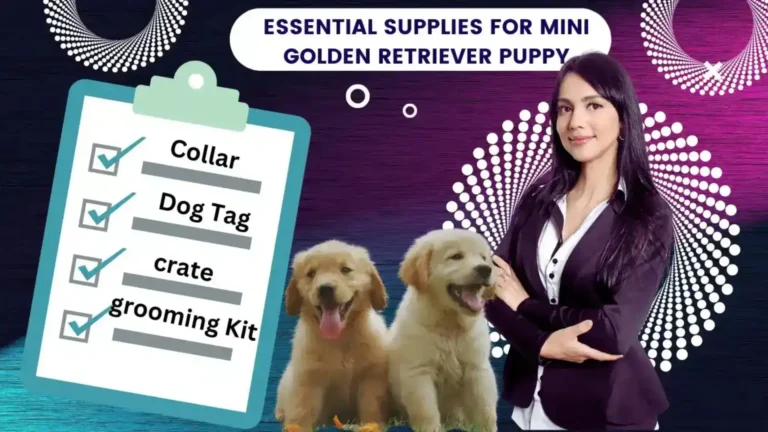Golden Retriever Puppy Diarrhea ,Signs and Treatment Tips
Golden Retriever puppy diarrhea can be a worrying problem for any pet owner. When your little furball is suffering from loose stools, it can be distressing for both you and your puppy. This common issue can arise from various causes, including dietary changes, stress, infections, or even parasites. Recognizing the symptoms and understanding the potential causes are crucial in providing the right care for your Golden Retriever puppy.
When dealing with puppy diarrhea, identifying the problem early is essential. Frequent watery stools, sometimes accompanied by vomiting or lethargy, can signal that something is not quite right with your puppy’s digestive system. Monitoring your puppy closely and noting any additional symptoms, such as a loss of appetite or signs of dehydration, is vital. If the diarrhea persists for more than a day or two, it’s time to seek professional veterinary help to ensure your puppy gets the right treatment.
Fortunately, there are effective solutions to manage and treat the Golden pets diarrhea. Ensuring your puppy has access to clean water at all times helps prevent dehydration. You might need to adjust their diet, introducing bland, easily digestible foods like boiled chicken and rice. Over-the-counter probiotics can also aid in restoring healthy gut bacteria.
However, if your puppy’s condition does not improve or worsens, consulting your veterinarian for tailored advice and treatment is crucial to get your puppy back to its playful self.
Common Causes Of Mini Goldens Puppy Diarrhea
Have you ever wondered why your playful puppy suddenly has diarrhea? Understanding the common causes can help you take the right steps to ensure your puppy stays healthy and happy.

Dietary Changes
Puppies have sensitive digestive systems, and sudden changes in their diet can lead to diarrhea. Switching to a new brand of food or introducing new treats without a gradual transition can upset their stomachs. It’s essential to introduce any dietary changes slowly to avoid gastrointestinal distress.
Stress and Anxiety
Just like humans, puppies can experience stress and anxiety, which can manifest as diarrhea. Changes in their environment, such as moving to a new home, meeting new people or pets, or loud noises, can cause stress. Ensuring a calm and stable environment can help reduce these episodes.
Infections
Bacterial, viral, or parasitic infections are common causes of puppy diarrhea. Infections like parvovirus, distemper, and giardia can be particularly dangerous and require immediate veterinary attention. Regular vaccinations and maintaining good hygiene can help prevent these infections.
Food Intolerance or Allergies
Some puppies may have food intolerances or allergies that cause diarrhea. Common culprits include dairy, certain proteins, and gluten. Identifying and eliminating the offending food from your puppy’s diet can help alleviate their symptoms. Consulting with your vet can help determine if a food allergy is the cause.
Parasites
Intestinal parasites, such as worms, can lead to diarrhea in puppies. Common parasites include roundworms, hookworms, and tapeworms. Regular deworming treatments and fecal exams are essential to keep your puppy parasite-free and healthy. If you suspect your puppy has parasites, consult your veterinarian for appropriate treatment.
Food Intolerance or Allergies
Some puppies may have allergies or intolerances to certain ingredients in their food. Food allergies can lead to digestive issues like diarrhea when the puppy consumes allergenic foods. Similarly, food intolerances to specific ingredients can also cause gastrointestinal upset and diarrhea in susceptible puppies.
Ingestion of Foreign Objects
Puppies are curious and may ingest non-food items such as toys, rocks, or other objects. These foreign bodies can irritate the digestive tract and lead to diarrhea as the puppy’s body tries to expel the foreign material.
Medication Side Effects
Certain medications, especially antibiotics or other drugs that affect the gastrointestinal tract, can disrupt the balance of gut flora. This disruption can lead to diarrhea as a side effect of the medication.
Systemic Diseases
Underlying systemic diseases affecting other organs or systems in the puppy’s body can sometimes manifest with gastrointestinal symptoms, including diarrhea. It’s important to consider these possibilities, especially if diarrhea is persistent or accompanied by other concerning symptoms.
How To Treat Golden Retriever puppy diarrhea?
Treating diarrhea in Golden Retrievers involves several steps to alleviate symptoms and address the underlying cause. Here’s a comprehensive guide to help you manage this common issue:

Identify the Cause
Diarrhea can stem from various factors such as dietary changes, infections, allergies, or stress. Identifying the underlying cause is crucial for effective treatment.
Monitor and Hydrate
Ensure your Golden Retriever has access to clean water at all times. Diarrhea can lead to dehydration, so monitoring their water intake is essential. If dehydration is severe, your vet may recommend electrolyte solutions.
Dietary Management
Temporarily switch your dog to a bland diet to rest their digestive system. Boiled chicken and rice are gentle on the stomach and can help firm up stools. Avoid feeding them rich or fatty foods during this time.
Probiotics
Introducing probiotics can help restore healthy gut flora, aiding in digestion and reducing diarrhea. Choose probiotics specifically formulated for dogs, and follow your vet’s recommendations for dosage.
Medication
In some cases, your vet may prescribe medications to treat underlying infections or to manage symptoms like inflammation in the digestive tract. To boost immune system follow their instructions carefully and complete the full course of medication.
Veterinary Consultation
If diarrhea persists for more than a day or is accompanied by other concerning symptoms such as lethargy, vomiting, or blood in stools, consult your veterinarian promptly. They can perform diagnostic tests to pinpoint the cause and recommend appropriate treatment.
Preventive Measures
Once your Golden Retriever’s diarrhea resolves, take preventive measures to avoid recurrence. Gradually reintroduce their regular diet, maintain a consistent feeding schedule, and minimize stressors in their environment.
How Should Hydration Levels Be Monitored Closely?
Monitoring hydration levels in a Golden Retriever puppy is crucial during episodes of diarrhea. You can observe hydration by checking if the puppy’s gums feel moist and by gently lifting the skin on their neck or shoulders—hydrated skin should quickly return to its normal position when released.
Additionally, observe their water intake; if they’re drinking less or more than usual, it can indicate dehydration or other issues. During diarrhea, providing access to fresh water at all times is essential to maintain hydration levels.

When Is It Crucial To Seek Veterinary Advice If Diarrhea Persists?
It is crucial to seek veterinary advice promptly if diarrhea in a Golden Retriever puppy persists beyond a day or two, especially if it’s severe or accompanied by other symptoms like vomiting, lethargy, or loss of appetite. Puppies can quickly become dehydrated due to diarrhea, which can worsen their condition rapidly.
A veterinarian can determine the underlying cause, provide appropriate treatment, and ensure the puppy’s health is restored. Early intervention can prevent complications and help the puppy recover faster, so it’s important not to delay seeking professional veterinary care.
Conclusion
In conclusion, treating diarrhea in Golden Retrievers involves careful monitoring, hydration, dietary adjustments, and sometimes, veterinary intervention. By promptly identifying the cause and following these steps, you can help your dog recover quickly and prevent future episodes, ensuring their overall well-being and happiness. Always consult with your veterinarian for personalized advice and treatment recommendations.
